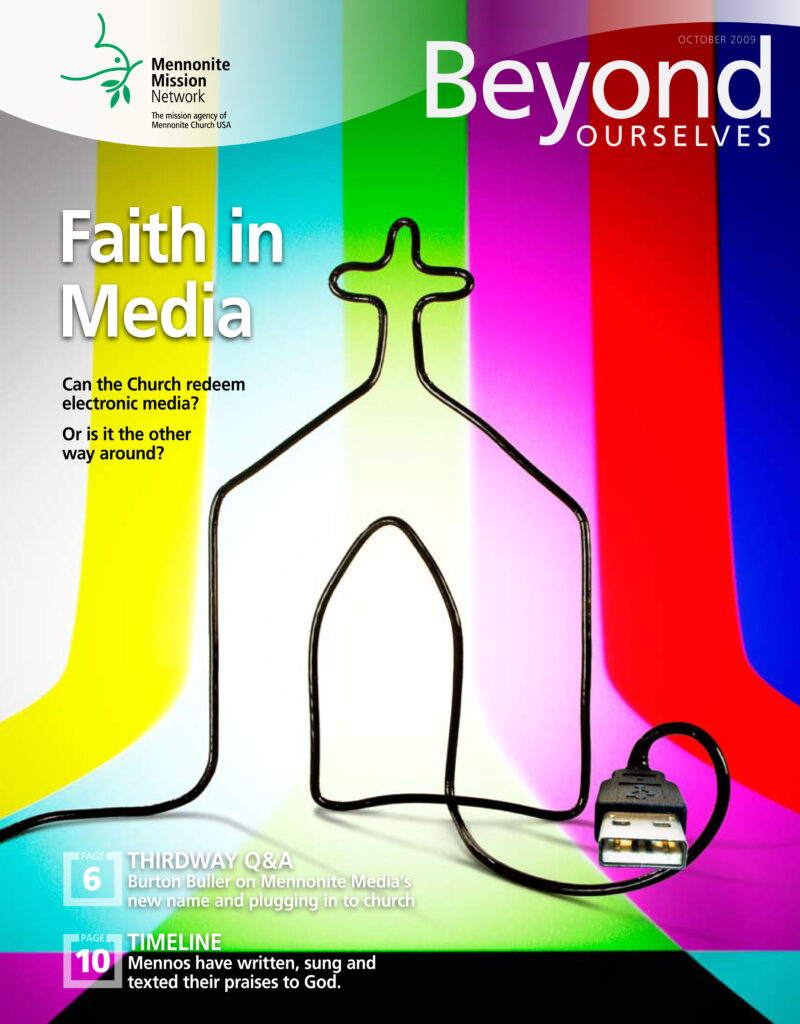Media for the kingdom
By Stanley W. Green
I first met Mapetla Mohapi in the early 1970s when I went to university in the Eastern Cape of South Africa. In my memory of him, he is an energetic, confident and articulate young man, full of life and irrepressible hope. Together, we were part of a growing student movement of resistance to apartheid among black South African students called the South African Students Organization. Within a year of my meeting him, Mapetla and eight other SASO leaders were banned by the apartheid government under the Terrorism Act. He had previously been held in detention for 164 days without charge and was banned in September 1975.
On August 5, 1976, Mapetla died while in custody at the Kei Road police station. Police claimed that he, like hundreds of other activists, incredibly, had committed suicide. An inquest found that nobody was responsible for his death.
Before he was murdered, Mapetla was hired by Donald Woods, then editor of The Daily Dispatch, a newspaper in the Eastern Cape. The hiring was bold and risky when most newspapers in the country either self-censored or published the official line about the terrorism threat people like those within SASO posed. Mapetla helped build connections between Donald Woods and Steve Biko (their story is told in the film, Cry Freedom), and used his role at the paper to expose the injustices of the apartheid system. Picked up by the Associated Press and Reuters, these stories fueled an international outrage that led to the dismantling of apartheid and the birth of a true democracy in South Africa.
Mapetla’s courage and Donald Woods’ willingness to risk giving a voice to the oppressed community in the mainstream media contributed to profound changes that advanced democracy and freedom in South Africa. Their partnership, which represented good news to so many people, was in striking contrast to most media outlets, whose stances perpetuated or advanced injustice.
I realized then that media can be used as a powerful vehicle for justice and hope, or it can be co-opted as a tool to maintain injustice and perpetuate suffering.
These days, I am amazed by the responses that we have received in response to our efforts to use media to share healing and hope found in Jesus Christ. Some have written that their experience of our media presentation literally brought them back from the brink and saved their lives, giving them new direction and fresh hope. The testimonies abound.
From these testimonies, and from my earlier encounter with Donald Woods and Mapetla Mohapi, I am persuaded that individuals and nations can be transformed for healing and hope through media that is engaged to serve God’s purposes in the world. When I think of the lives that have been saved, the relationships formed, and the people who recount for us stories of their transformation, I am grateful that God’s purposes can be furthered through today’s media, and I hope we can expand, rather than reduce, our capacity to be engaged in this form of witness.
As we look for creative new ways to carry forward God’s purposes through media, I invite your continued support for this important ministry. Thanks for your contributions in the past and your continued partnership in the future.

